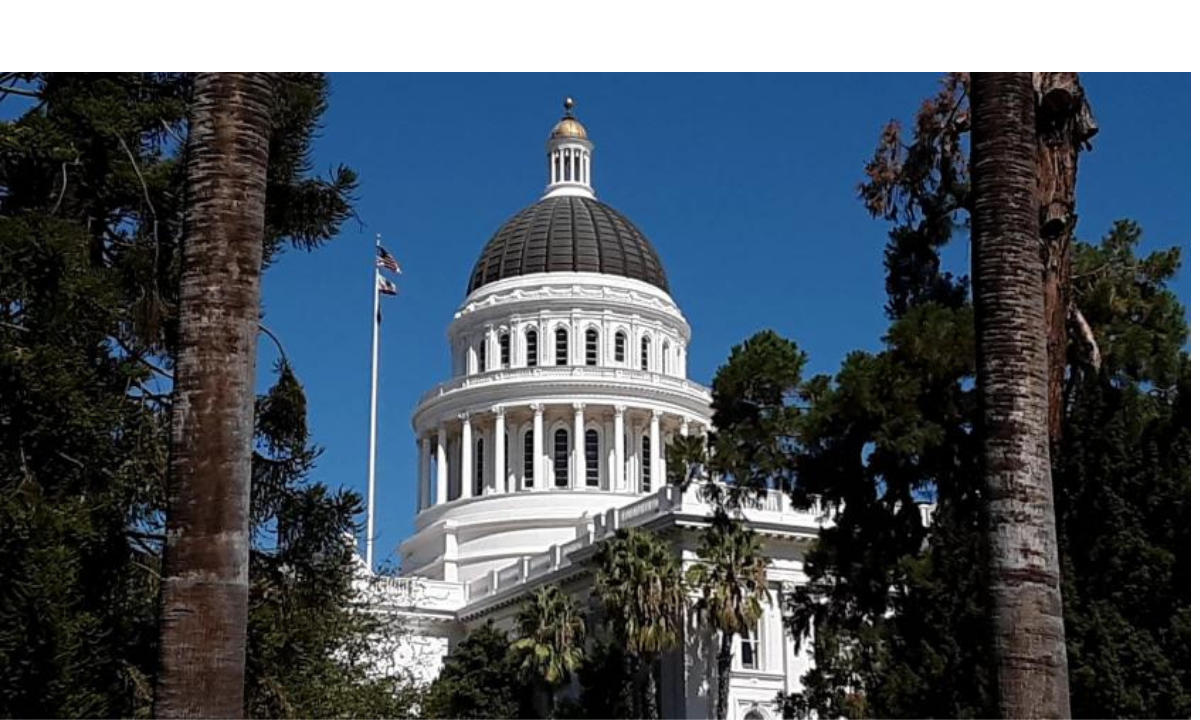This article was originally published in the San Diego-Union Tribune
Written by Duane Dichiara
Dichiara is vice president of Axiom Strategies, a national Republican political consulting firm. He lives in Sacramento.
The Democrats have dominated California politics for decades, running the California Assembly for most of the last 50 years and holding the governor’s office along with the other statewide offices for the last 11 years. They have had every opportunity to enact their liberal agenda that they promised would change Californians’ lives for the better.
Despite the massive failures of the liberal left in California — homeless policies that create more homelessness, crumbling schools, failed criminal justice policies, a stagnant economy and staggering unemployment, and a failure to meet our water and infrastructure challenges — Republicans have been unable to take political advantage.
As a result of Democratic policies, most Californians believe their children will have to leave the state to live a middle-class life, and most believe the average job won’t allow them to live a good life in the Golden State. The cost of living is too high, incomes are stagnant, and opportunities are fleeing to states like Arizona and Texas. That is not the state that Californians deserve.
Yet Californians keep electing Democrats. Why?
The 2021 California recall election demonstrated a basic truth: the fortunes of the Republican Party in California are unlikely to greatly improve until voters focus on the head-shaking failures of the Democratic political machine in Sacramento instead of the harshly partisan politics of Washington, D.C. California Democrats wisely play to this national partisanship. In essence, this is a steam valve that allows them to avoid the discussion of their failures at a state level.
Usually this is the point where the GOP strategist lays out the things that the “incompetent” California Republicans need to do to start winning. Focus on independents and winnable Democrats. Get back into the cities and old suburbs. Run candidates that fit districts demographically and ideologically. Increase GOP registration and turnout. Start talking more to Latino and Asian voters. Move to more populist, state-focused messages.
All of these are true. None of these are lost on most of the GOP state strategists, legislators and party leaders. And generally winning Republican campaigns are run with those concepts in mind.
However, the truth is the Democrats have built a powerful political machine. The legs of this machine are far-left interest groups, public employee unions and often big business interests. The levers of power are wielded to reward these entities, often at the expense of average Californians.
Sacramento’s Democratic government is a modern Tammany Hall, with more campaign money and other resources than it could conceivably need to remain in power. It also has a formidable voter registration advantage, a mainstream media that is generally sympathetic to it, and the weapon of national partisanship.
There have been other political machines in America’s history. All wielded vast resources and appeared invulnerable. All were eventually defeated.
Machines have a couple of major vulnerabilities: With no opposition, their governments are usually wasteful, incompetent and corrupt. Sacramento’s Tammany Hall is all three, and this is where the focus of the Republican message should fall.
California voters need to be made aware of the direct connection between high costs, awful services and one-party Democratic rule. They need to be made aware of the corruption and self-dealing that are inherent in a one-party state. Republicans need to be the opposition: vocal, talking directly to voters in every possible medium, and offering reasonable alternatives.
However, even with the strategic and tactical changes discussed here, the national political discussion is almost impossible to avoid.
In this nationalized political atmosphere, it is rare for a state or local party to define itself as somehow “different” than the national brand.
Given that the entire political sphere has been nationalized over the past decade, getting voters to focus on state issues is not an easy task — not impossible, but it does require some discipline and luck.
It requires the GOP to already be a functional opposition party when the atmosphere changes, which it certainly will in time.
If the history of American politics tells us anything, it’s that change is possible and probable. With Democrats in full control of the federal, state, and — locally, San Diego County and San Diego city governments — Republicans need to hold them accountable for their day-to-day governing failures, elect good-government, aggressive Republicans to partisan and nonpartisan office, and build an organization that can take advantage when the national tide turns to our advantage.




